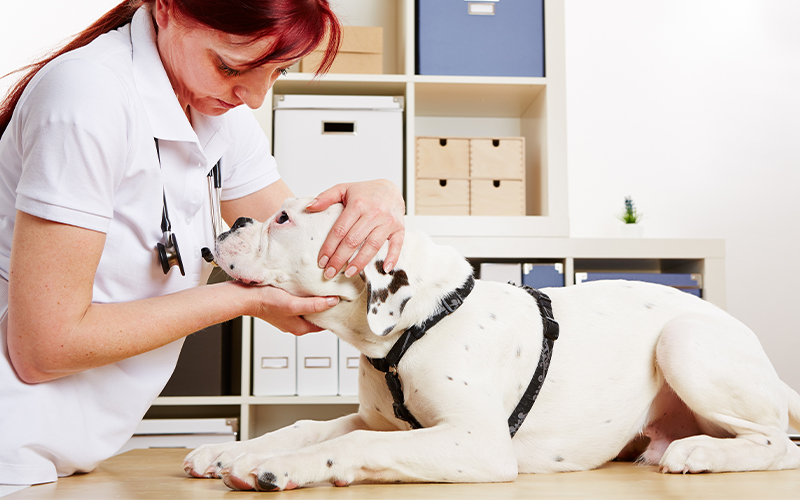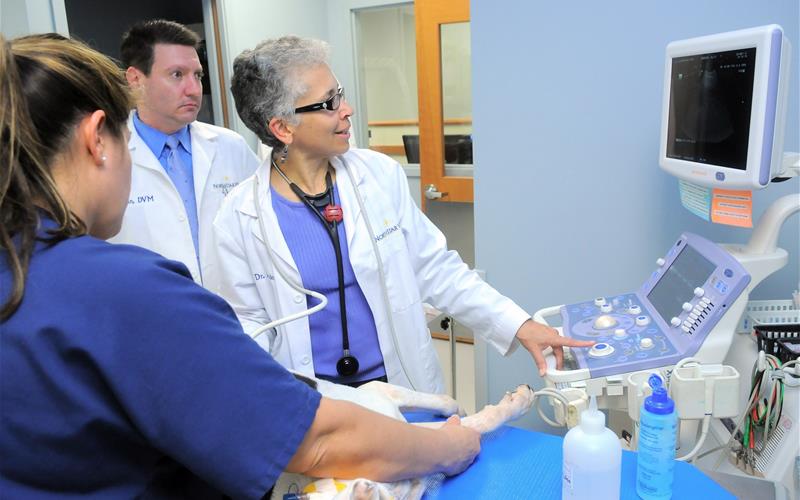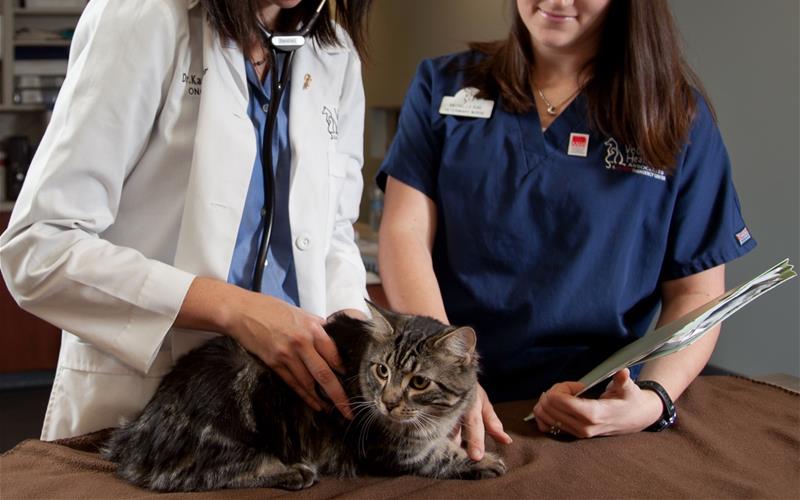
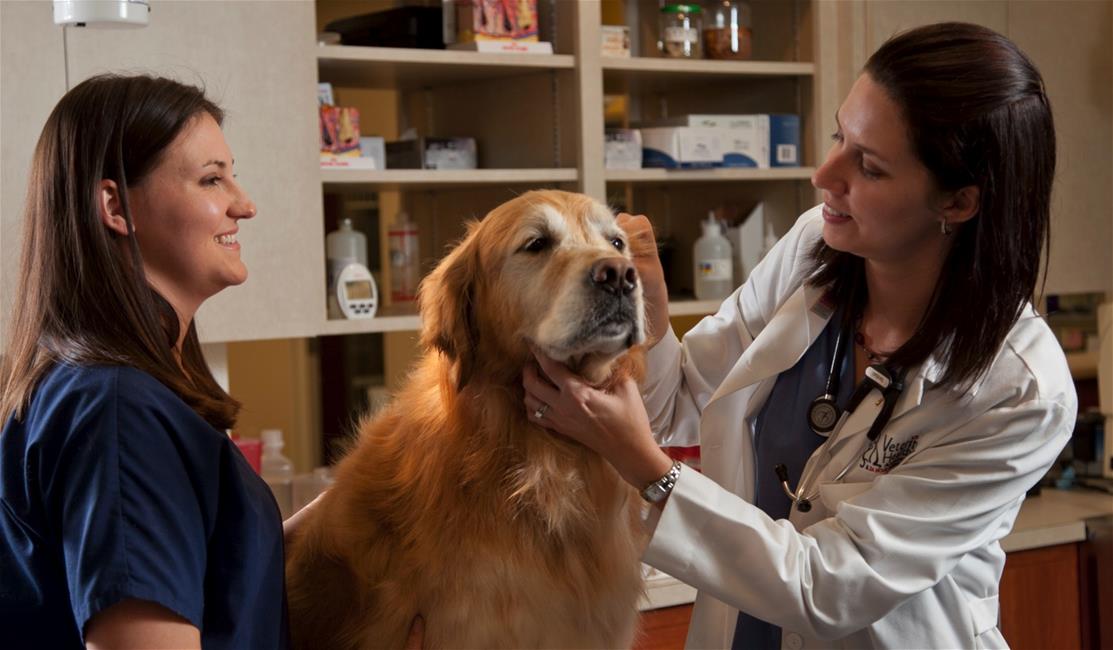
What is a Board-Certified Veterinary Oncologist?
Search Help
Enter a country to search internationally or a city/state or zip to search within the US. If you select a country it will search only within that country. If you select only a state it will only search within that state. If you search for a zip code or city/state combo it will search within a proximityA Board-certified Veterinary Oncologist has completed extensive training after veterinary school that focuses in oncology (the way cancer develops and how to treat it).
Most oncologists have completed 3 to 5 years of this focused training including an internship rotating through various medical and surgical specialties and a specialized residency on the subject of cancer. Throughout this training, an oncologist is required to pass comprehensive examinations and complete publication requirements to become Board-certified in Medical Oncology by the American College of Veterinary Internal Medicine (ACVIM).
Not all veterinarians that call themselves “specialists” have completed this training. Veterinarians that have passed these examinations and completed all requirements become Diplomates of the ACVIM. This Diplomate status indicates the Board-certified specialty recognized status by the ACVIM.
How do Veterinary Oncologists work with primary care vets?
Like most health care fields, the veterinary profession has become multi-tiered. Most conditions that develop in our pets are first evaluated by a primary care veterinarian. If an animal develops a problem or mass requiring advanced care and procedures, your primary care veterinarian or emergency room veterinarian may refer you to a Veterinary Oncologist. Veterinary Oncologists work closely with the family of a pet as well as the primary care veterinarian to coordinate the best quality of care.
Most ACVIM Diplomates work at large hospital or referral centers; therefore, in addition to having advanced training in oncology, they also have access to state-of-the-art facilities, equipment and support staff that may not be available to your primary care veterinarian. At the same time, they may be able to coordinate care with a veterinary surgeon or radiation oncologist if advanced surgical procedures are indicated. Throughout the treatment for cancer, the oncologist will continue to update the primary care veterinarian with progress reports for a pet in their care. The primary care veterinarian then continues ongoing care of the animal with the oncologist.
Primary care veterinarians often build strong relationships with Veterinary Oncologists within their area. This allows them to contact an oncologist to discuss a case and provide coordinated care throughout treatment. At the same time, veterinary oncologists frequently offer continuing education opportunities regarding specific conditions or therapies available to help update the community with the most state-of-the-art testing and treatment available. These specialists offer expertise that ensures the best possible outcome for an individual animal and their family.
Why seek a Veterinary Oncologist?
Cancer can develop in our pets the same way it can develop in people. Our pets deserve and can receive the same caliber of care people receive through the care directed by a veterinary oncologist. However, our pets should also be able to maintain a good quality of life throughout their treatment. In fact, throughout treatment with chemotherapy, radiation therapy, and surgery, quality of life is constantly monitored and should be preserved. Care directed by a veterinary oncologist can help tailor care specifically to your pet, their condition, and their response to treatment.
Specific reasons to seek care by a Veterinary Oncologist include:
- Veterinary Oncologists are specially trained to balance treatment of cancer with underlying conditions while maintaining a good quality of life.
- Veterinary Oncologists are trained to detect side effects early and can adjust therapy to try to avoid their recurrence.
- Veterinary Oncologists keep up to date on the latest and greatest treatments to achieve maximum benefit with minimal effect on lifestyle.
- Veterinary Oncologists are often in the best position to be able to coordinate care with specialized veterinary surgeons and radiation oncologists.
...
Find a Board-certified Veterinary Oncologist near you!
Edited by:
Gabrielle Angelo, DVM, DACVIM (Oncology)
April, 2020

.png?sfvrsn=bb926e6e_1)
.png?sfvrsn=829b20d9_1)
.png?sfvrsn=d89e6924_1)
.png?sfvrsn=b3d7f3f1_1)

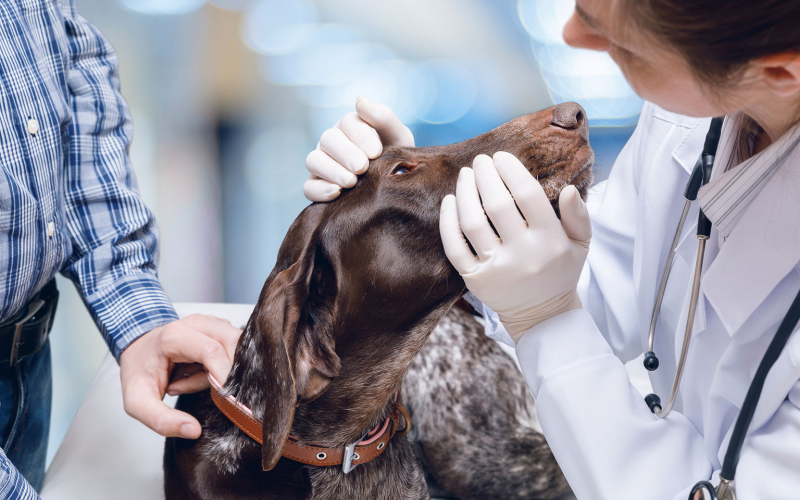
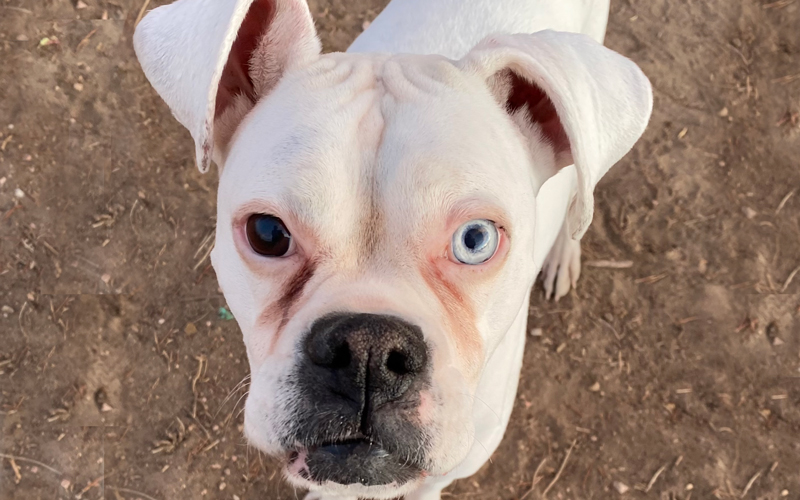
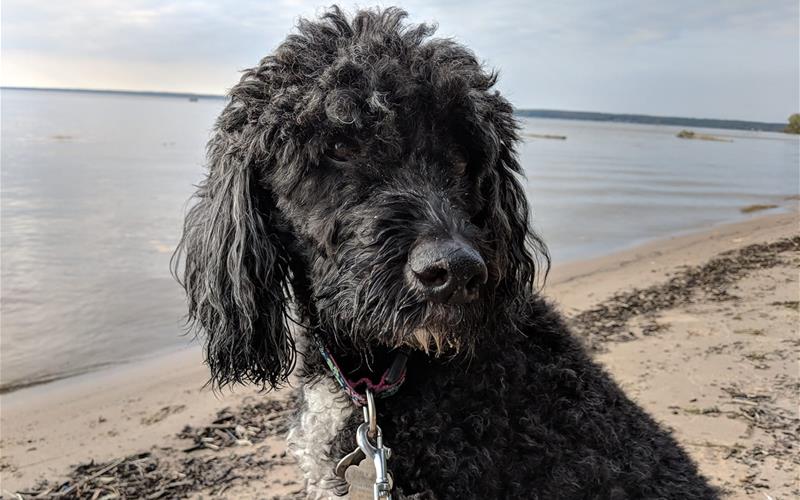
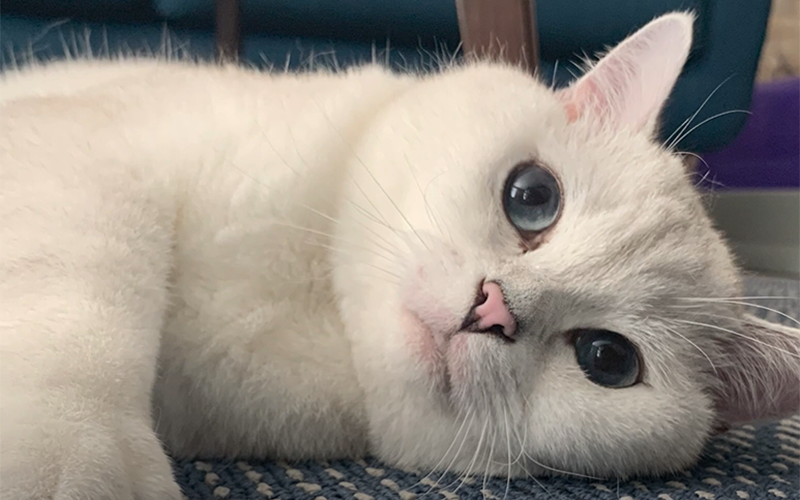
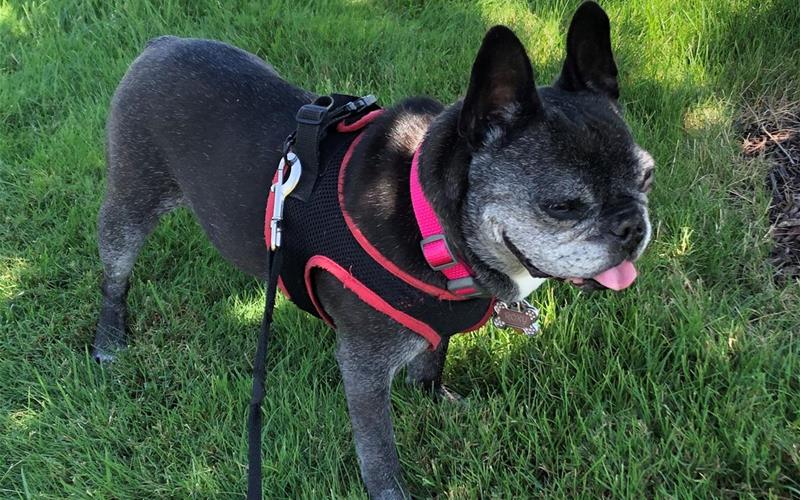

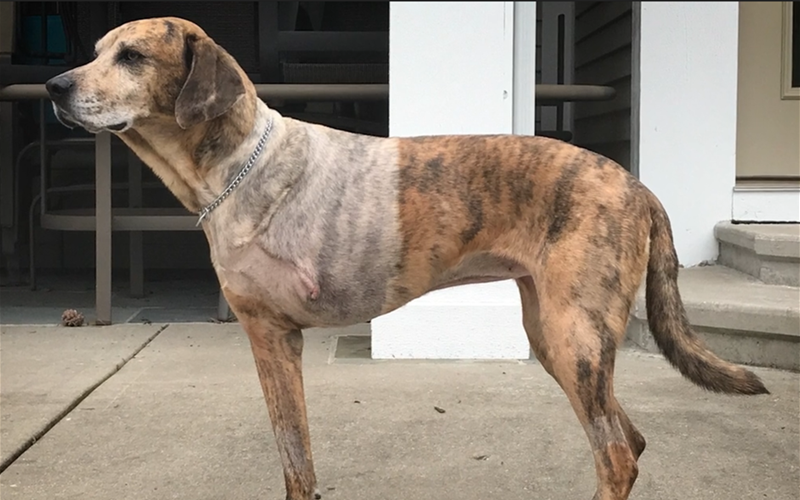
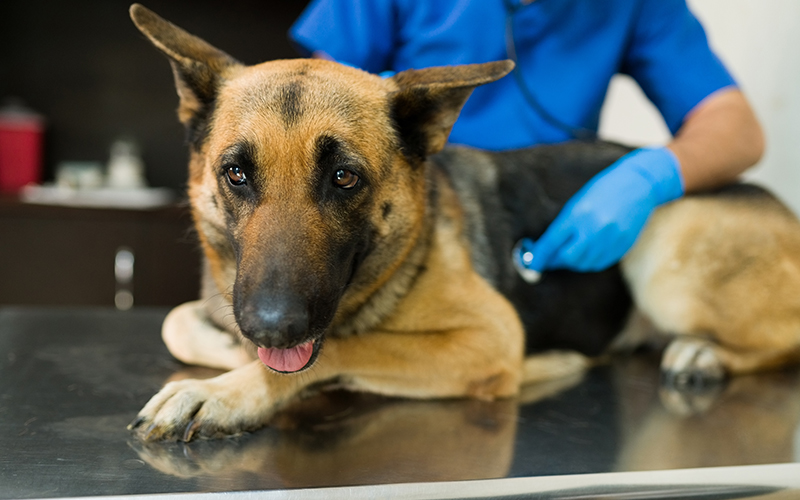
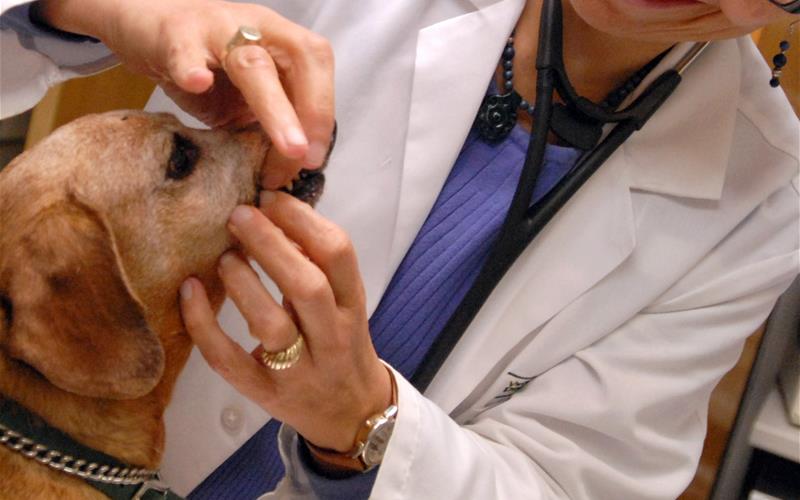
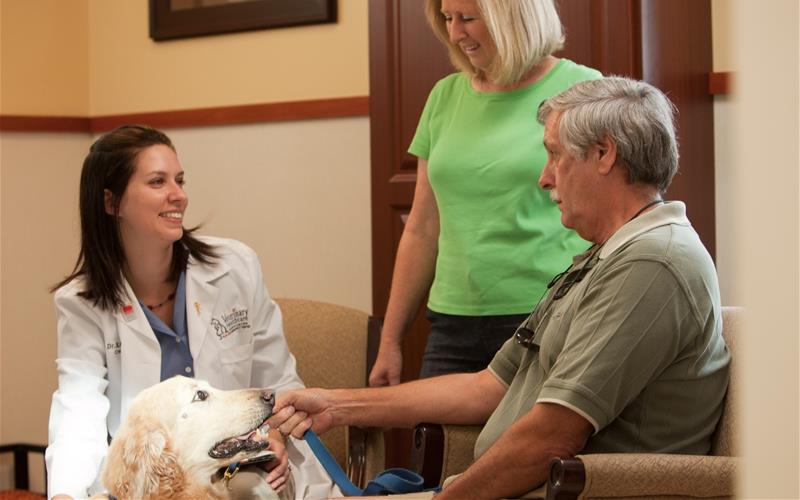
-squamous-cell-carcinoma.jpg?sfvrsn=dcf622f5_1)
